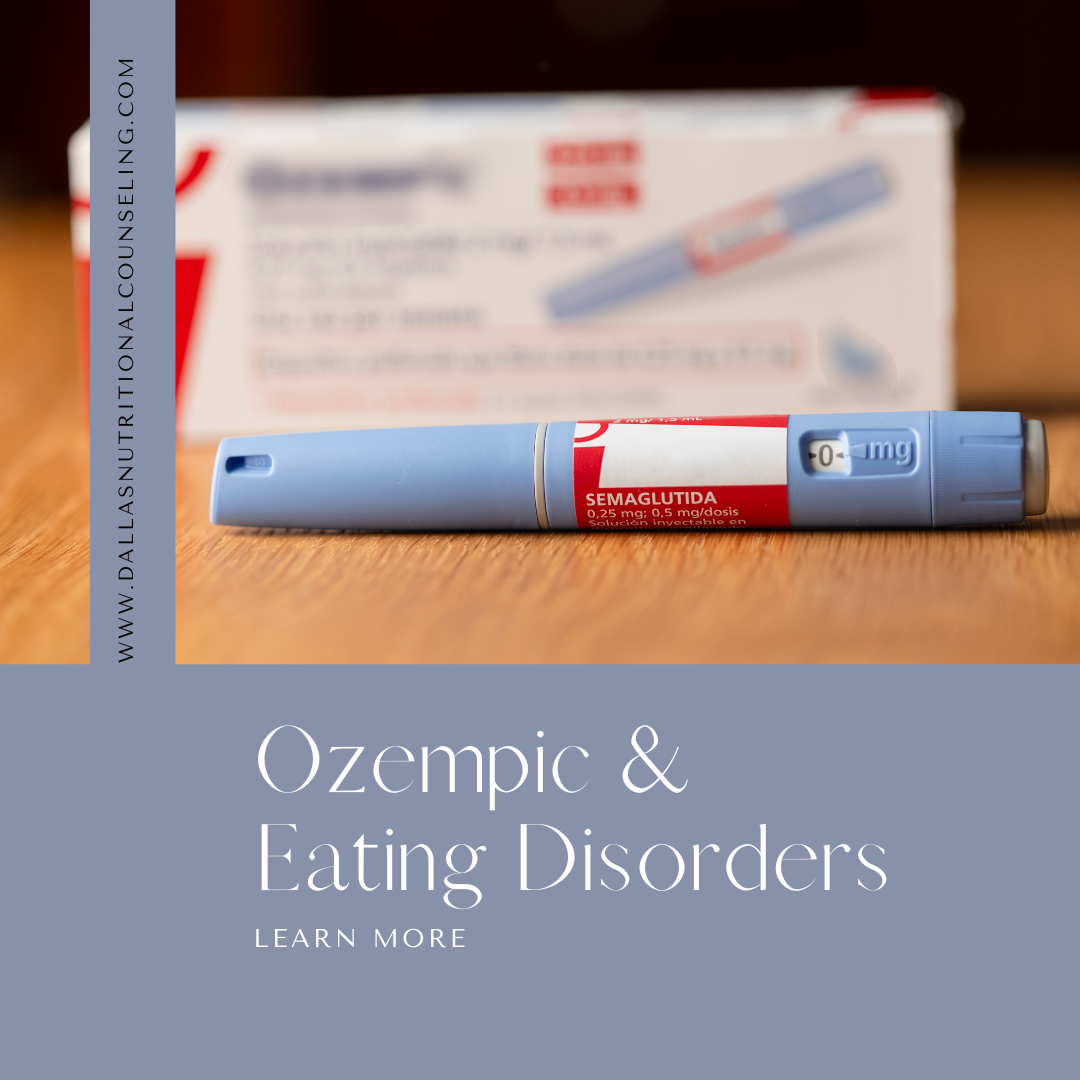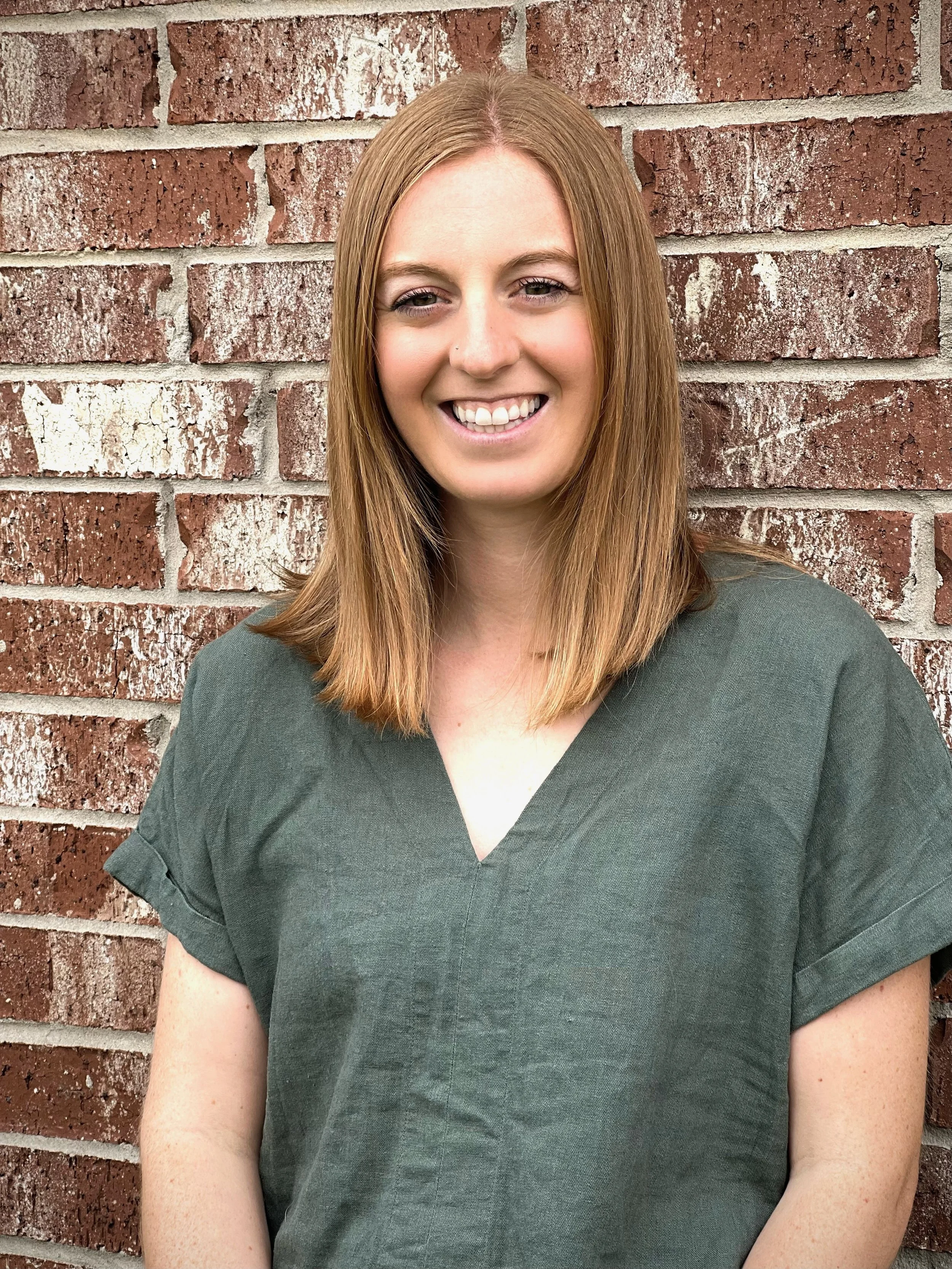Answering the following questions may help you recognize if you or a loved one is suffering from an eating disorder.
1. Do you find yourself spending too much time thinking about food, body image, and/or calories?
2. Do you have trouble eating with friends and/or family members?
3. Do you feel guilty after you eat?
4. Do you think you are fat, even though people tell you you’re not?
5. Do you feel uncomfortable eating at restaurants or in public places?
6. Do you hoard food or eat only in private?
7. Do you exercise to burn off calories but not for enjoyment?
8. Do you ever feel out of control with your eating?
9. Do you constantly worry about the weight, shape or size of your body?
10. Do you ever make yourself vomit after consuming food?
11. Do you weigh yourself more than once a day or after meals?
12. Do you ever abuse laxatives, diuretics, and/or diet pills?
13. Do you constantly calculate number of fat grams, carbohydrates or calories?
14. Do you feel like your identity and value are based on how you look or how much you weigh?
If you answered yes to more than three of these questions, you may be struggling with an eating disorder or disordered eating. Early detection and treatment greatly increases recovery. If you interested in getting help for yourself or a loved one please visit my contact page or email me directly at caseyvoorhies@gmail.com.









It’s that time of year again when people start looking at their lives and thinking about what they want to improve. We’ve all heard someone say, “New year, new me.” Something about the start of a new year gives people hope of a fresh start. Year after year people make resolutions focused on physical changes such as cutting out sugar, losing weight, and exercising more. So why do only 8% of people stick to their resolutions?